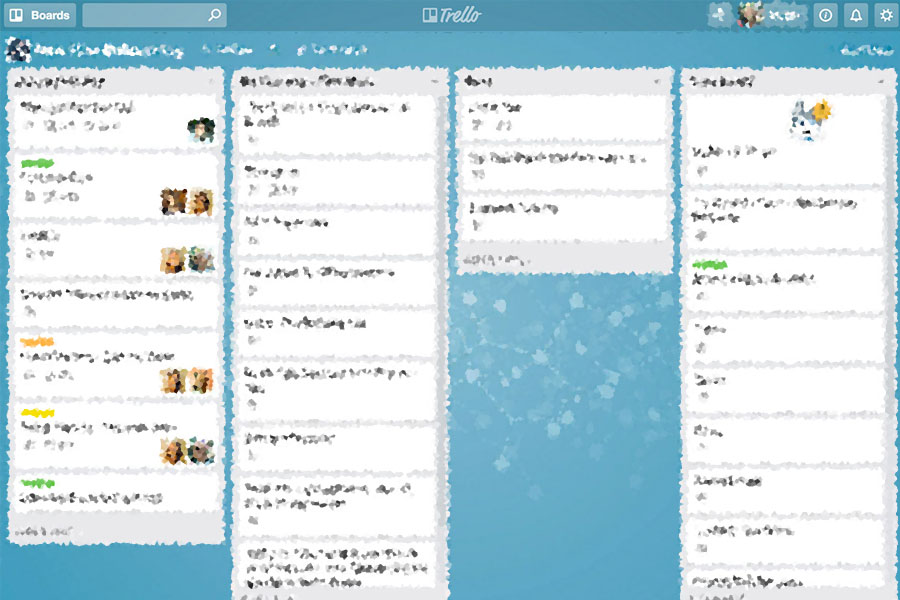
Secretive documents related to the United Nations were left vulnerable to unauthorized access by anyone who stumbled upon the right link, after Trello, Jira, and Google Docs accounts were left improperly configured by staffers. The security gaffe left passwords, organizational documents, and security plans belonging to governments of the United Kingdom and Canada open to the web.
Maybe they should have read our guide on how to use Google Docs.
Although each of the unsecured documents did require a unique URL in order to be accessed, that proved far from an effective protective measure when security researcher Kushagra Pathank discovered links to a U.N.-controlled Trello organizational board. In that tool’s ‘card’ system, he went on to find other links to other documents that lead to Google documents and U.N. pages on Jira, an issue-tracking service. These in turn had more links, all of which contained sensitive information. In total, Pathank discovered some 50 boards and documents that he was able to access because of the lack of security options implemented during their setup.
Some of the information he was eventually able to glean from these documents included access to a remote U.N. FTP server, credentials to log in to a Google and Vimeo account associated with the U.N.’s language and learning program, remote access information for certain U.N.-linked meetings, and detailed information about the U.N. website and its development.
Pathak contacted the U.N. in late August to inform it of the issue. Although, as The Intercept highlights, the organization’s technical department ran into some problems replicating the issue, much of the sensitive content has now been taken down or protected behind security credentials. In a statement to The Intercept, a U.N. spokesperson said that all relevant staff had been warned about trusting third-party tools and services with sensitive information and that they should make necessary precautions to protect such data in the future.
Despite rhetoric to the contrary, Pathak believes that much of these latest security concerns arose simply because leaving boards unsecured is easier than securing them. By not adding users to boards and locking them to authorized accounts only, U.N. staffers were able to share URLs in order to give others access. “Adding people to the board seems to be a huge task for these people, but in fact it is really easy,” Pathak said in a statement.



